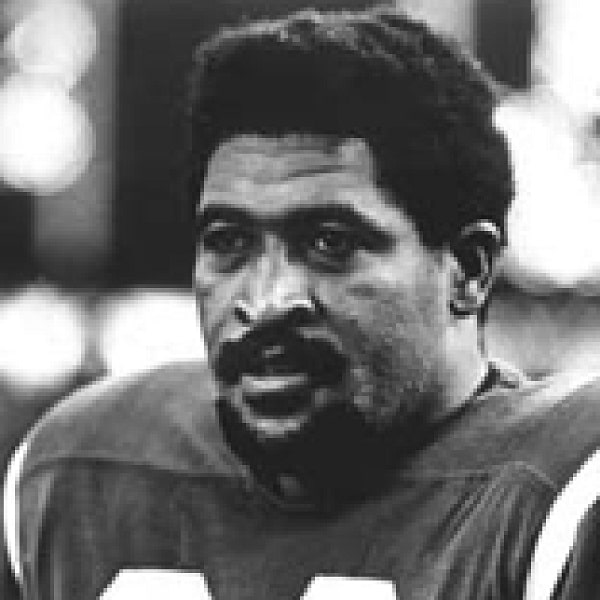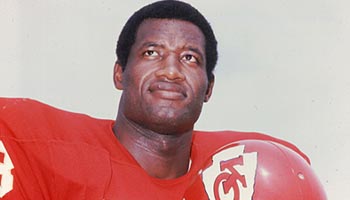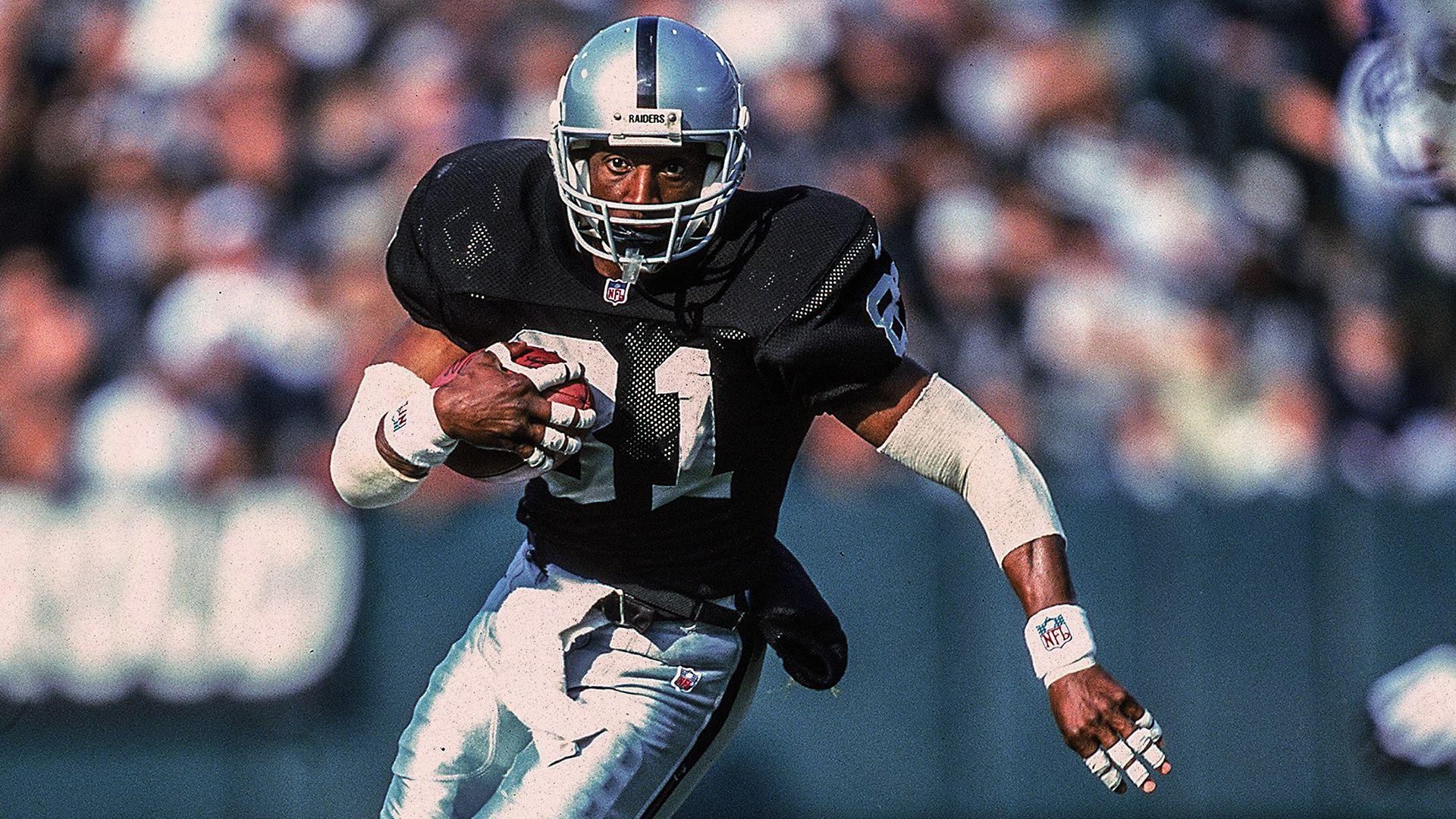In the arena of professional American football, certain names have etched themselves into the annals of history. We often hear about offensive heroes like Joe Montana and Jerry Rice, who dazzled fans with their on-field brilliance. However, the defense, as they say, wins championships, and it’s impossible to talk about great defensive players without mentioning Verlon Biggs.
Though perhaps less celebrated than some of his contemporaries, Biggs was a pivotal force in the landscape of professional football. His performance as a defensive end was formidable, contributing to the Washington Redskins’ victory in Super Bowl VII. This blog post aims to explore the life and career of Verlon Biggs, an extraordinary player whose influence in football should not be forgotten.

Early Life :
Born on March 16, 1943, in Moss Point, Mississippi, Verlon Biggs grew up in an era where opportunities for African American athletes were limited due to segregation and systemic racism. The struggles he faced in his early life toughened him, providing the fortitude that would later serve him well on the football field. He attended Jackson State University, where he excelled as a dominant force on the football team. His athleticism and tenacity were evident, and scouts began to take notice.
Professional Career :
Jets Era :
Biggs was drafted by both the AFL’s New York Jets and the NFL’s Detroit Lions in 1965. However, he chose to play for the Jets, a decision that would prove pivotal for both him and the franchise. In an era where the AFL was struggling to match the popularity and talent pool of the NFL, Biggs stood out as a beacon of exceptional skill.
At 6’4″ and weighing 270 pounds, Biggs had the build of a classic defensive end. Yet, what set him apart was his speed and agility, enabling him to power through offensive lines with relative ease. He was a three-time AFL All-Star and a key player in the Jets’ defensive line-up.
Biggs reached the pinnacle of his career with the Jets in the 1968 season when the team won Super Bowl III. Although Joe Namath stole the spotlight with his famous guarantee, it was the defense, with Biggs as one of its pillars, that allowed Namath’s promise to come to fruition.
The Washington Years :
In 1970, Biggs moved to the Washington Redskins. The change proved beneficial as he adapted well to the team’s defensive scheme. His consistent performance made him a reliable asset and he played a key role in the Redskins reaching Super Bowl VII in 1972. Although they lost to the Miami Dolphins, Biggs’ influence on the game was clear. His tenacity and dedication left an indelible mark on the franchise, and he continued to contribute to the team until his retirement in 1974.
Legacy and Influence :
Though not in the Pro Football Hall of Fame, Biggs left an impression that went beyond numbers and statistics. He was an inspiration for future generations of African-American athletes, illustrating what could be achieved with talent, hard work, and determination. His journey from the challenging circumstances of his youth to the grand stage of the Super Bowl is a testament to the resilience and spirit that characterized his life.
Moreover, Biggs was a player who understood the dynamics of teamwork. He knew that for the defense to succeed, each player had to perform their role perfectly. His leadership on and off the field was instrumental in creating a cohesive and successful defensive unit.
Unforgotten Moments :
One unforgettable moment in Biggs’ career was during the 1968 AFL Championship Game against the Oakland Raiders. Biggs’ impeccable performance was instrumental in the Jets’ victory, which allowed them to proceed to the Super Bowl. Another standout moment was his performance in the 1972 NFC Championship Game where his defensive skills helped Washington defeat the Dallas Cowboys and advance to the Super Bowl.
Conclusion :
In the world of professional football, offensive players often get the glory, but it’s the men in the trenches, like Verlon Biggs, who often make the difference between a win and a loss. Despite facing obstacles in his early life, Biggs rose to become one of the most formidable defensive ends in the history of the sport.
Biggs passed away in 1994, but his legacy endures. For those who watched him play, and for those who study the history of the sport, Verlon Biggs remains a legend, a defensive titan whose impact on the game continues to be felt today.
From humble beginnings to the grand stages of the Super Bowl, Biggs’ journey is a compelling story of resilience, excellence, and unfulfilled potential. Though he may not be as celebrated as some of his peers, his contribution to the sport cannot be underestimated. Verlon Biggs is, indeed, an unforgotten pillar of defense in American football history.




Great defender